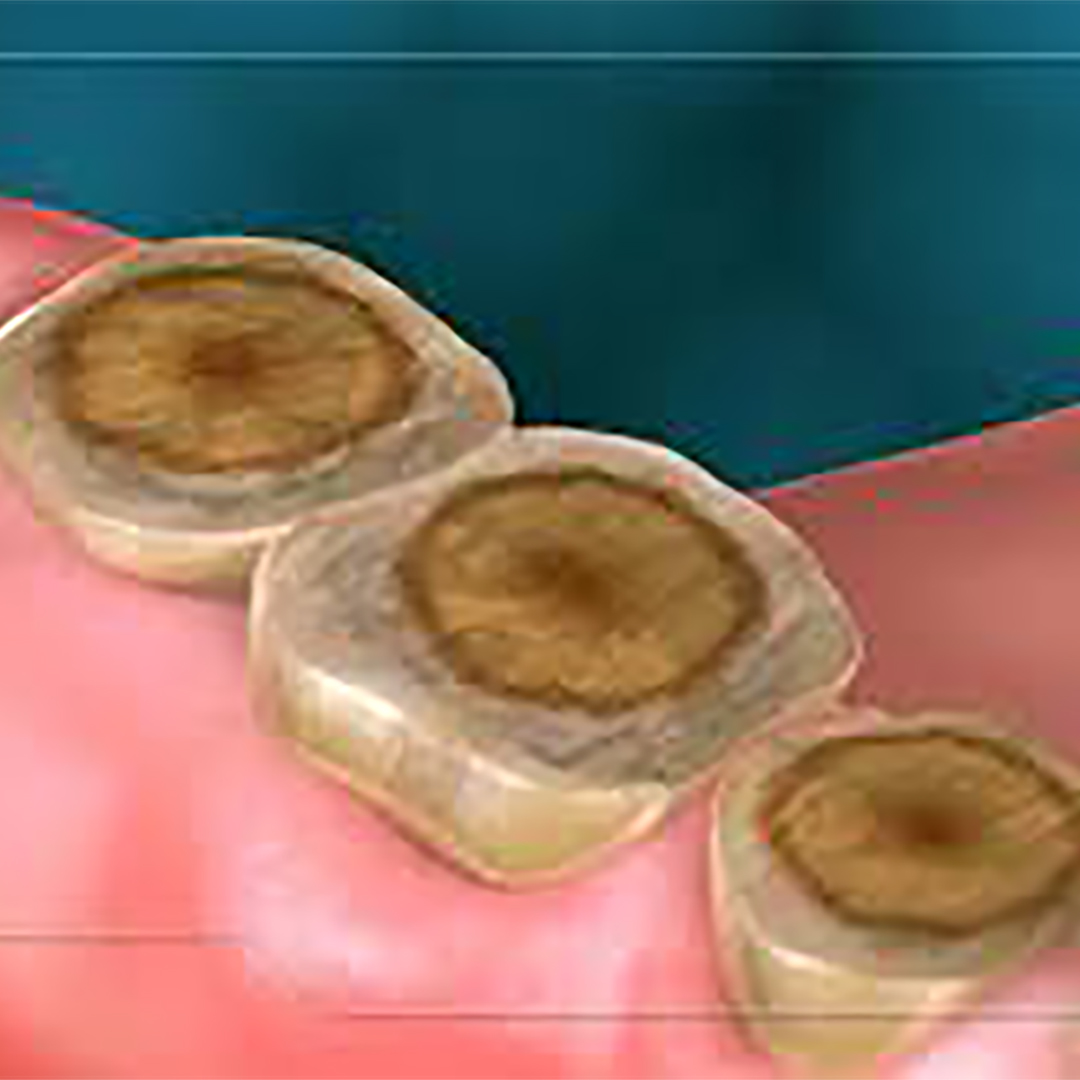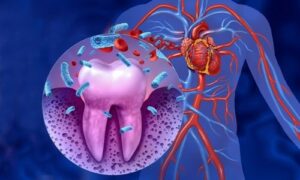What is Bruxism?
Bruxism is the technical name for teeth grinding, clenching the jaw, or the “lock jaw” that sometimes happens to people as they sleep or concentrate. It can happen while sleeping or while awake; consciously or without knowing it; to adults as well as to children. Grinding your teeth or clenching your jaw is more than nervous habits to be ignored; such acts can mean serious problems for oral health, including excessive tooth wear and/or the development of Temporomandibular joint. Common symptoms include sore jaw muscles or joints, sore teeth, dull headaches, and restless sleep.
How Do I Find Out if I Grind My Teeth?
Because grinding often occurs during sleep, most people are unaware that they grind their teeth. However, a dull, constant headache or sore jaw when you wake up is a telltale symptom of bruxism. Many times people learn that they grind their teeth by their loved one who hears the grinding at night.
If you suspect you may be grinding your teeth, talk to your dentist. He or she can examine your mouth and jaw for signs of bruxism, such as jaw tenderness and excessive wear on your teeth.
Why Is Teeth Grinding Harmful?
In some cases, chronic teeth grinding can result in a fracturing, loosening, or loss of teeth. The chronic grinding may wear teeth down to stumps. When these events happen, bridges, crowns, root canals, implants, partial dentures, and even complete dentures may be needed.Not only can severe grinding damage teeth and result in tooth loss, it can also affect your jaws, cause or worsen TMD/TMJ, and even change the appearance of your face.
How can you correct Bruxism?
The simplest solution for preventing damage to teeth from bruxism is the use of a professionally made mouth guard. If you detect any of the warning signs mentioned above, then tell your dentist and make a visit to the clinic. Excessive wear on the back molars and enamel loss both indicate bruxism, and both are signs your dentist will look for. A mouth guard for teeth grinding is a custom-fitted oral appliance that is made of plastic. This type of mouth guard is worn during sleep and prevents the teeth from scraping against each other. By addressing bruxism early with professional treatment, you can prevent widespread damage to your teeth.
What are the long term precautions to be taken for Bruxism?
Certainly, a mouth guard is a good start. However, other preventive actions can be taken to help fight bruxism. For people of all ages, regular exercise is a stress reducer, which, in turn, can directly reduce bruxism. For adults, it may help to cut down on stimulants (such as tobacco and caffeine). Regular dental exams (twice a year) can help catch damage caused by bruxism. If a patient’s teeth are cracked, misaligned, or teeth are missing, restorative treatment is necessary. If bruxism is linked to stress, anxiety, or other mental health conditions, your doctor may recommend Stress Management Treatment.












